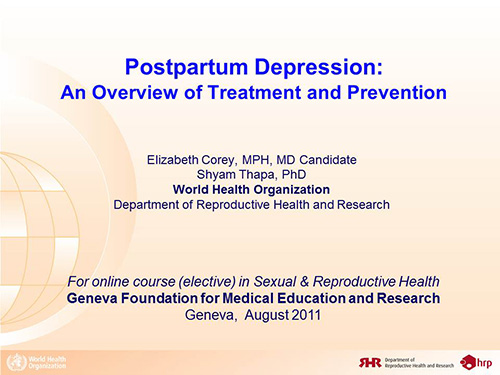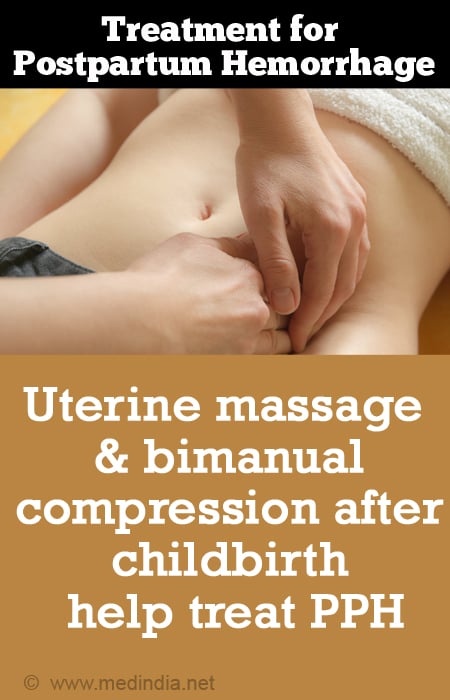Everything about Beautiful Journey Reproductive Counseling Center
Everything about Beautiful Journey Reproductive Counseling Center
Blog Article
The Definitive Guide to Beautiful Journey Reproductive Counseling Center
Table of ContentsThe Facts About Beautiful Journey Reproductive Counseling Center UncoveredBeautiful Journey Reproductive Counseling Center Fundamentals ExplainedLittle Known Facts About Beautiful Journey Reproductive Counseling Center.The Facts About Beautiful Journey Reproductive Counseling Center RevealedBeautiful Journey Reproductive Counseling Center - QuestionsBeautiful Journey Reproductive Counseling Center for Beginners

Collaborating with mental health and wellness experts is an excellent means to find out regarding postpartum clinical depression and just how to recuperate. Treatment enables women to function through their problem and recognize the progress they make. Specialists can additionally readjust therapy in action to the lady's progression. Treatment is an individual and crucial way to deal with postpartum clinical depression.

Beautiful Journey Reproductive Counseling Center Things To Know Before You Get This
There have not been conclusive studies released that looked especially at folate or other B vitamins in the treatment of postpartum depression. Take into consideration advising to women who are postpartum to continue their prenatal vitamin or take a B-100 complex with concerning 1 mg (or 1,000 mcg) of folic acid, or folate.
Adjustment of vitamin D shortage may play a considerable role in the healing from postpartum depression. Mommies fighting with clinical depression should have their 25-OH vitamin D degree evaluated. Many females locate that they require at the very least 2,000-3,000 IUs of cholecalciferol, which is vitamin D3 (a type that is really conveniently absorbed) throughout the winter season.
In the summer months, much less dental vitamin D may be required, relying on the latitude where the mother lives. therapist for infertility.
The Ultimate Guide To Beautiful Journey Reproductive Counseling Center

[15, 16 (https://www.openstreetmap.org/user/Beautiful%20Journey%20Reproductive%20Counseling%20Center)] Anticoagulation may be used, and it needs to be noted that there exists no global guideline or suggestion for anticoagulation therapy in septic pelvic thrombosis. Preliminary bolus of 60 units/kg (4000 devices optimum) complied with by 12 units/kg/h (optimum of 1000 units/h) is suggested. [6] The aPTT is kept an eye on for 2-3 times the normal value.
Postpartum clinical depression (PPD) is an intricate mix of physical, psychological, and behavior modifications that happen in some women after delivering. According to the DSM-5, a manual utilized to identify mental illness, PPD is a form of significant depression that begins within 4 weeks after shipment. The medical diagnosis of postpartum depression is based not just on the length of time between shipment and beginning however on the seriousness of the depression.
The term describes an array of physical and emotional modifications that numerous brand-new moms experience. PPD can be treated with medicine and therapy. The chemical modifications include a rapid decrease in hormones after distribution. The real web link in between this decline and clinical depression is still not clear. What is recognized is that the levels of estrogen and progesterone, the female reproductive hormones, increase tenfold throughout maternity.
The Buzz on Beautiful Journey Reproductive Counseling Center
Often, joining a support team of new moms or speaking with other mommies helps. can take place a few days or even months after giving birth. PPD can take place after the birth of any type of child, not simply the first child. You can have feelings similar to the child blues-- despair, misery, anxiousness, crankiness-- but you feel them far more highly.
When your ability to function is influenced, you need to see a health and wellness treatment provider, such as your OB/GYN or key care physician. If you do not obtain therapy for PPD, symptoms can get worse.
This ailment can take place swiftly, typically within the initial 3 months after giving birth. Ladies can lose touch with fact, having auditory hallucinations (hearing points that aren't in fact happening, like an individual speaking) and delusions (highly thinking things that are clearly irrational). Aesthetic hallucinations (seeing things that aren't there) are less usual.
Women who have postpartum psychosis requirement treatment right now and generally require medication. Occasionally ladies are placed right into the health center due to the fact that they go to danger for hurting themselves or someone else. Postpartum clinical depression is discriminated, depending on the type of signs and symptoms and exactly how severe they are. Treatment options include anti-anxiety or antidepressant medicines, psychotherapy, and involvement in a support group for emotional support and education.
The Buzz on Beautiful Journey Reproductive Counseling Center
Children of moms with postpartum depression are most likely to have issues with resting and eating, weeping even more than usual, and delays in language development. If you have a history of depression, tell your physician as quickly as you learn you're expectant, or if you're planning to conceive.
PPD can occur after the birth of any kid, not just the first child. You can have feelings comparable to the infant blues-- unhappiness, despair, anxiety, crankiness-- but you feel them a lot a lot more highly.
When your ability to function is influenced, you require to see a health care company, see such as your OB/GYN or primary treatment physician. If you don't obtain therapy for PPD, symptoms can obtain worse.
This health problem can occur quickly, usually within the first 3 months after childbirth. Females can shed touch with truth, having acoustic hallucinations (hearing points that aren't really occurring, like a person chatting) and deceptions (highly thinking points that are plainly irrational). Aesthetic hallucinations (seeing things that aren't there) are less typical.
Things about Beautiful Journey Reproductive Counseling Center
Ladies who have postpartum psychosis requirement treatment right away and practically constantly need medication. Treatment choices consist of anti-anxiety or antidepressant medicines, psychiatric therapy, and involvement in a support team for psychological assistance and education.
Kids of moms with postpartum clinical depression are more probable to have issues with sleeping and consuming, crying greater than typical, and hold-ups in language advancement (postpartum therapy). If you have a background of depression - https://packersmovers.activeboard.com/t67151553/how-to-connect-canon-mg3620-printer-to-computer/?ts=1712167080&direction=prev&page=last#lastPostAnchor, inform your doctor as quickly as you learn you're expectant, or if you're intending to become expecting
Report this page